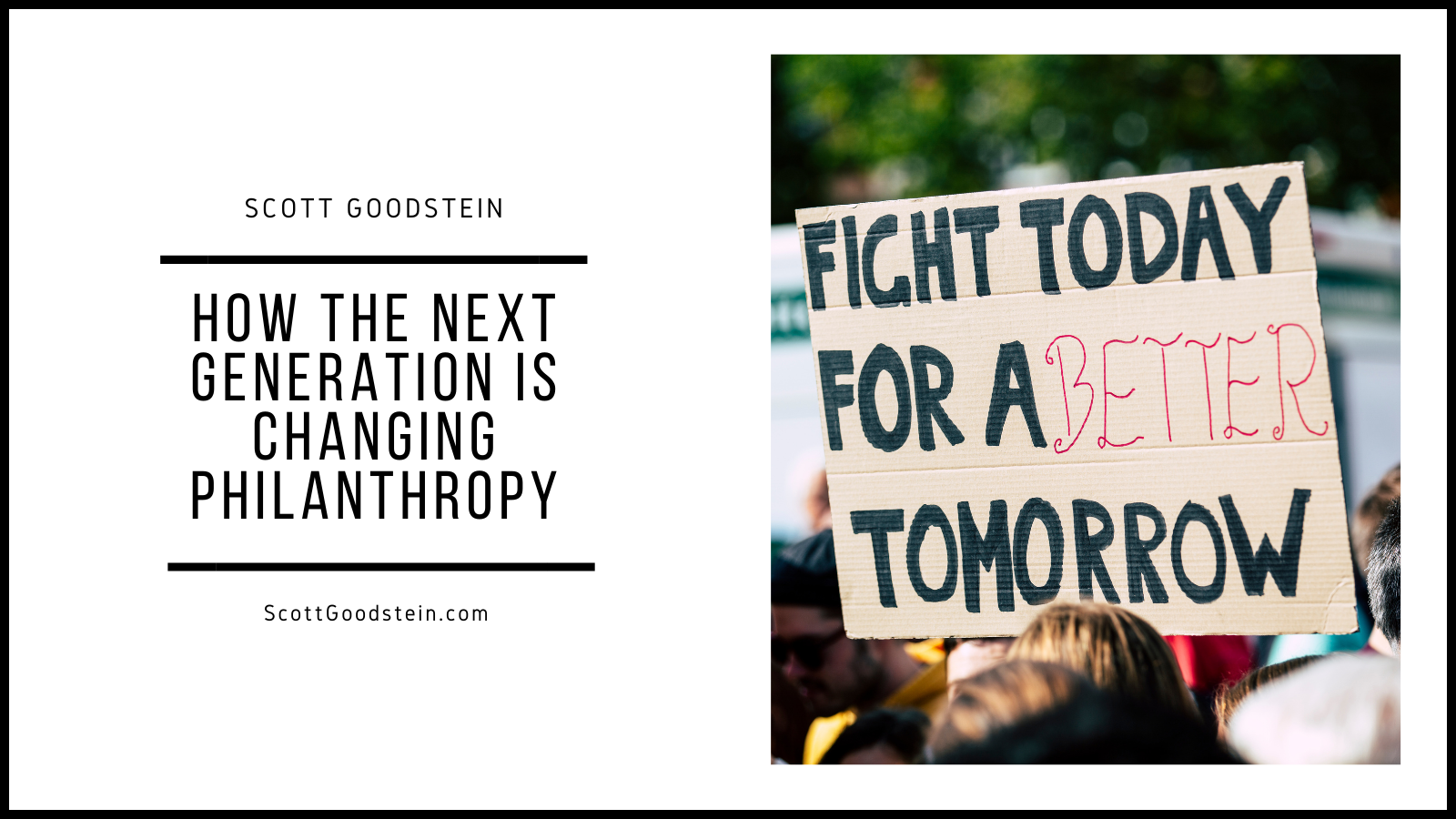With every new generation comes new changes and new ideas to address new problems and old ones. This holds true in the world of philanthropy, where Millennials and now even older Gen Z are entering the workforce and giving back to their communities. Contrary to popular belief, these generations are not lazy or entitled but have different concerns than previous generations, which are driving their philanthropic endeavors. Issues like climate change, LGBTQ+ rights, racial inequality, and income inequality are their prime motivators. Let’s look at some of the ways the next generation is changing philanthropy.
They’re impact-oriented
While Millennials and Gen Z are different, they share many things in common, including the desire to see the impact of their philanthropy. They’re not interested in just donating or volunteering once in a while, then calling it a day. They want to see the results of their goodwill.
Finding new ways of giving
According to an IUPUI Women’s Philanthropy Institute study, young people under 30 gave back to their community in creative ways during the coronavirus pandemic. They were ordering take-out from local businesses, paying their stylists even when they weren’t getting haircuts, and buying groceries for families that couldn’t afford it. Not only does this prove the old stereotype of these generations being lazy and entitled wrong, but it also proves that they have an expanded definition of philanthropy and charity.
Increased information sharing
Millennials and Gen Z are used to a world where they can access a wealth of information from their phones, and that’s not necessarily a bad thing. It means they expect more transparency from the nonprofits they give regarding what they use their donations for. This transparency may seem challenging, and it is, but it also creates trust between the nonprofit and the donors.
Seeking equity
According to LendingTree, almost 14% of millennials and nearly 18% of Gen Z cite racial inequality as their biggest concern. The younger generations are more focused on giving to communities of color and nonprofits that support these communities, and they’re also looking inward and reflecting on their own unconscious biases. They are concerned with hiring more diversely and giving people of color a platform in both the social and corporate worlds.
The world of philanthropy is changing, and Millennials and Gen Z are the driving force behind this change. They are impact-oriented and creative, seeking and expecting increased transparency and equity from the nonprofit sector.


